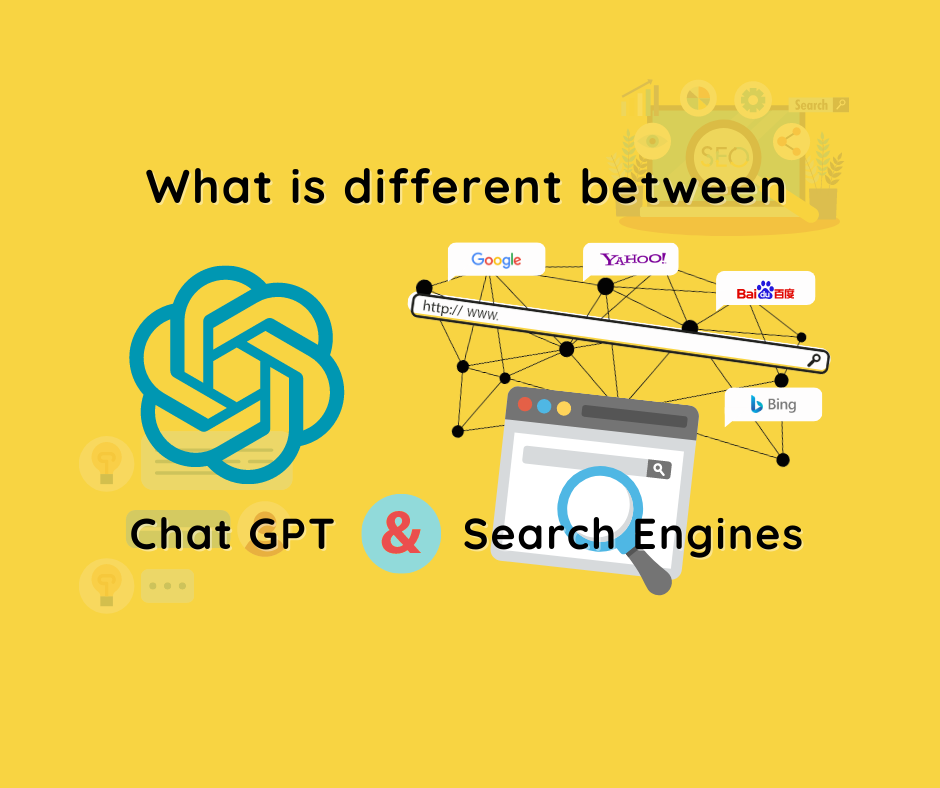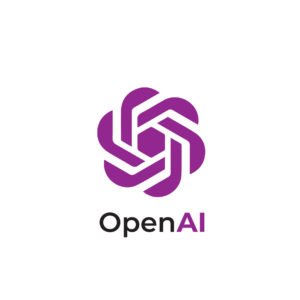
What is Chat GPT?
Chat GPT is a large language model that uses deep learning algorithms to generate human-like responses to text-based inputs. It is part of the GPT (Generative Pre-trained Transformer) series of models developed by OpenAI, and is currently one of the largest and most advanced language models in existence.
GPT models are based on the Transformer architecture, which was introduced in a paper by Vaswani et al. (2017) and has since become one of the most popular deep learning architectures for natural language processing tasks. The key innovation of the Transformer is the self-attention mechanism, which allows the model to attend to different parts of the input sequence when generating each output token.
Chat GPT was introduced by OpenAI in June 2020, as an extension of their previous GPT-2 model (Radford et al., 2019). It is based on a larger version of the Transformer architecture, with 175 billion parameters, which makes it the largest language model in existence at the time of writing (2021). The model was trained on a diverse corpus of text from the internet, using a combination of unsupervised and supervised learning techniques.
Chat GPT has been demonstrated to be capable of a wide range of language tasks, including language translation, question answering, and text completion. Its impressive performance has led to concerns about the potential misuse of such models, as they can generate convincing fake text that could be used for malicious purposes (e.g. spreading misinformation). As a result, OpenAI has chosen to release Chat GPT in a controlled manner, with access to the full model limited to selected partners.
What is Search Engines?
Search engines are computer programs that allow users to search for information on the internet. They use sophisticated algorithms to crawl through the vast amount of content available on the web, indexing and organizing it so that it can be easily searched and retrieved. Search engines have become an indispensable tool for finding information online, and billions of searches are conducted every day on platforms like Google, Bing, Yahoo! and Baidu.
When a user enters a query into a search engine, the engine returns a list of results that are ranked by relevance based on the search algorithm. These results can include web pages, images, videos, news articles, and other types of content. Search engines have become a primary means of navigating the internet, with many people using them to find information on everything from products and services to news and entertainment.
There are many different search engines available, each with its own strengths and weaknesses. Google is the most popular search engine in the world, with over 90% of the global search engine market share. Other popular search engines include Bing, Yahoo!, and Baidu, which is the dominant search engine in China.
Search engines have revolutionized the way people access information on the internet, making it easier than ever before to find the content they need. However, search engines have also been the subject of criticism and controversy, particularly around issues related to privacy and the use of personal data. As a result, many search engines have implemented measures to protect user privacy and improve the transparency of their operations.
Differences between Chat GPT and Search Engines
Chat GPT and search engines are two different types of tools used for processing and providing access to information.
Search engines are designed to help users find specific information from a large corpus of web pages. They rely on algorithms that match keywords and phrases to the content of web pages, and use ranking systems to order search results based on relevance and authority.
Chat GPT is designed to generate human-like responses to text-based inputs. It is not designed to provide direct access to information, but rather to engage in natural language conversations with users. Chat GPT can be used for a wide range of tasks, from answering questions to providing recommendations or generating creative writing.
According to OpenAI, Chat GPT is intended to be a “flexible, general-purpose language model that can be fine-tuned to solve a wide range of tasks”. In contrast, search engines are designed to perform a specific task: helping users find information on the web. Search engines use complex algorithms and machine learning techniques to process and rank web pages, but they are not designed to engage in natural language conversations with users.
While search engines and Chat GPT are different tools, there are some areas where they may overlap. For example, Chat GPT could potentially be used to provide personalized search results or to help users refine their queries. Similarly, search engines could potentially use natural language processing techniques to better understand user queries and provide more relevant results.
Overall, search engines and Chat GPT serve different purposes and are designed to address different needs. While they may share some similarities, they are not interchangeable tools.
References
- Vaswani, A., Shazeer, N., Parmar, N., Uszkoreit, J., Jones, L., Gomez, A. N., … & Polosukhin, I. (2017). Attention is all you need. arXiv preprint arXiv:1706.03762.
- Radford, A., Wu, J., Child, R., Luan, D., Amodei, D., & Sutskever, I. (2019). Language models are unsupervised multitask learners. OpenAI Blog, 1(8), 9.
- Sullivan, D. (2019). What Are Search Engines? Search Engine Land. Retrieved from https://searchengineland.com/guide/what-are-search-engines
- Clark, J. (2020). The Most Popular Search Engines: A Brief History. Search Engine Journal. Retrieved from https://www.searchenginejournal.com/popular-search-engines-history/345707/
- Westervelt, R. (2019). Search Engine Market Share by Country. Statcounter. Retrieved from https://gs.statcounter.com/search-engine-market-share/all.
- OpenAI. (2021). GPT-3: Language models are few-shot learners. Retrieved from https://openai.com/blog/gpt-3-few-shot-learning/
- Liu, Z., Dolan, E., & Chen, W. (2019). The roles of language models and retrieval functions in open-domain question answering. In Proceedings of the 2019 Conference on Empirical Methods in Natural Language Processing and the 9th International Joint Conference on Natural Language Processing (EMNLP-IJCNLP) (pp. 3543-3552).





